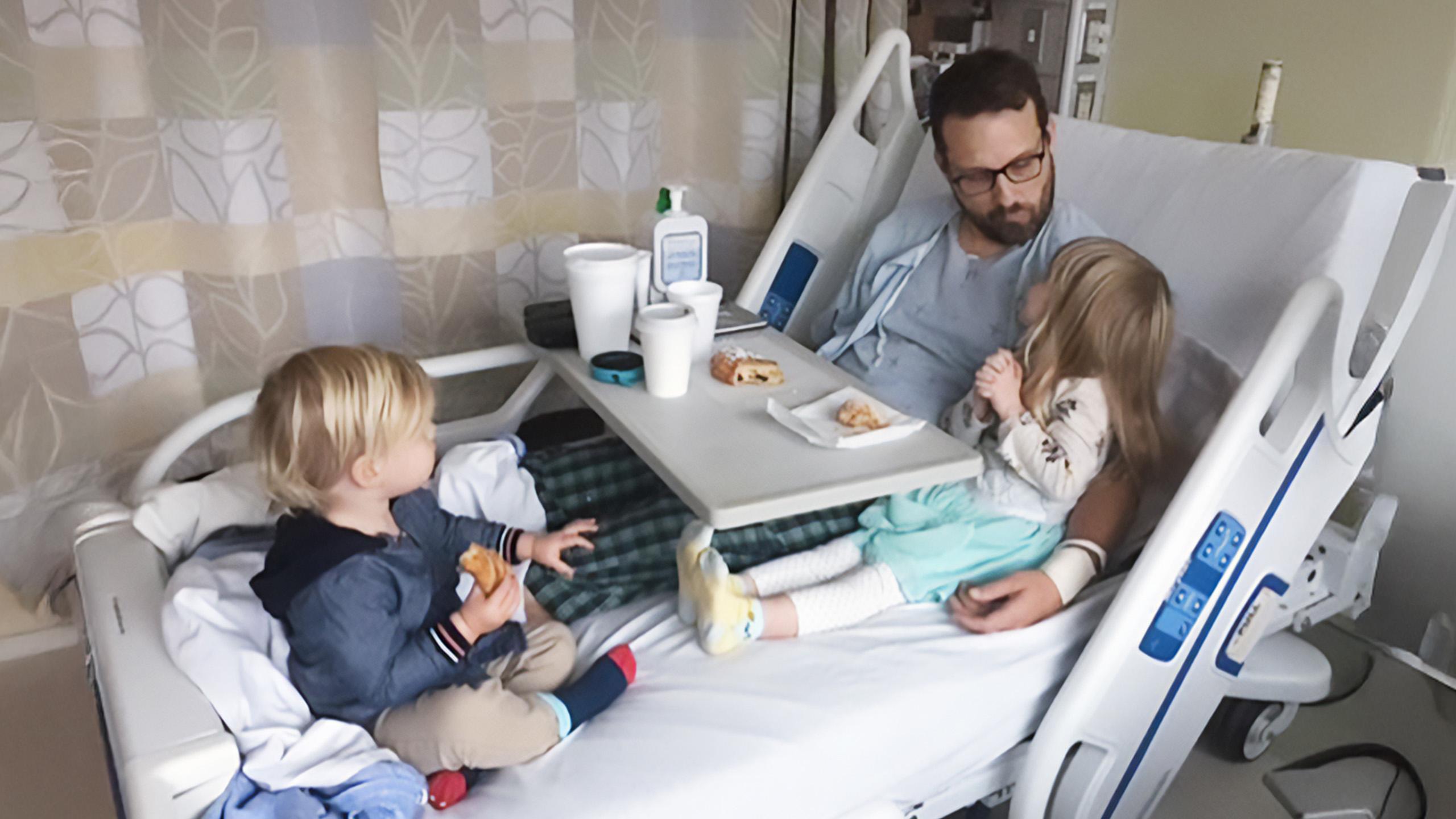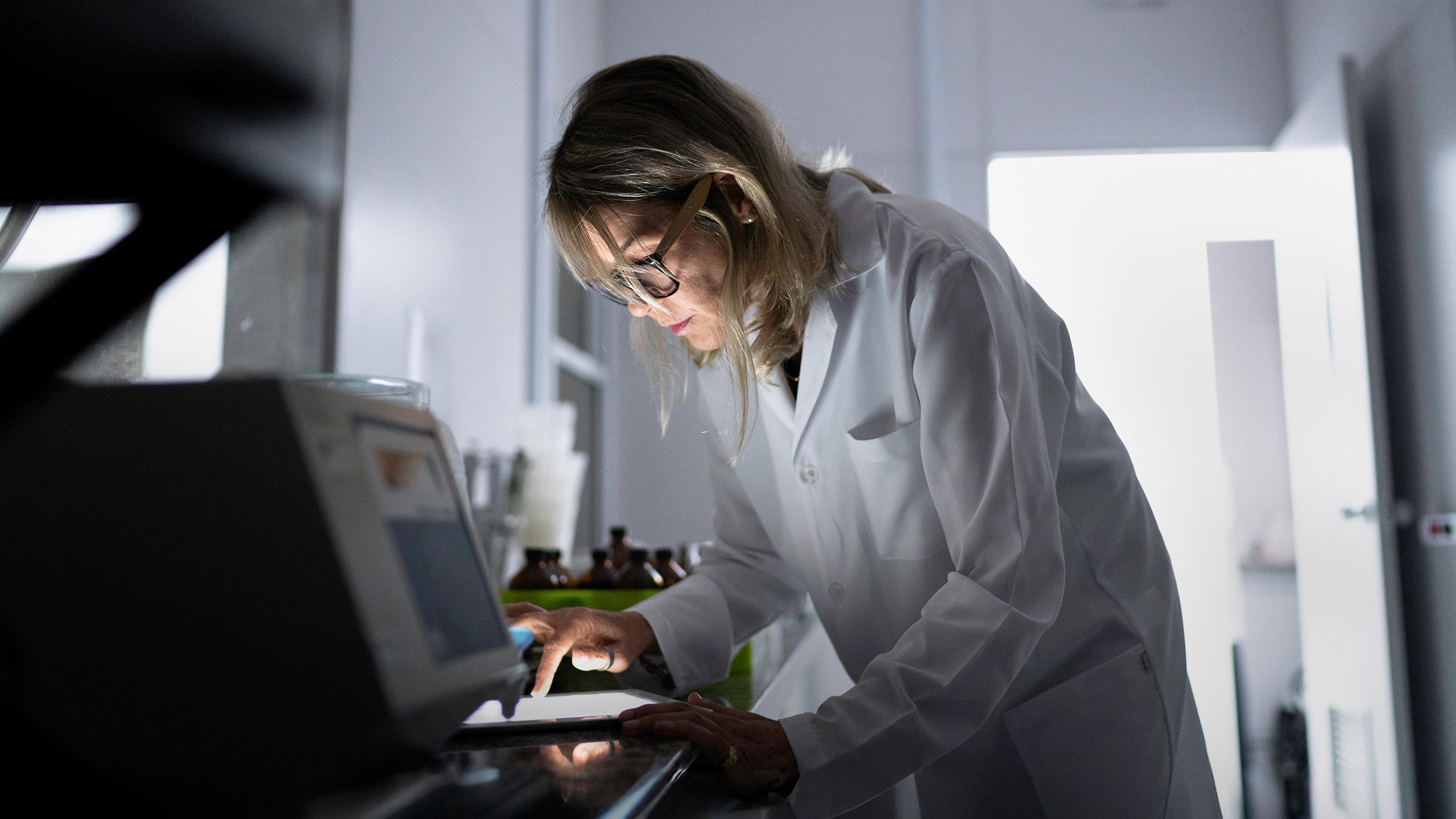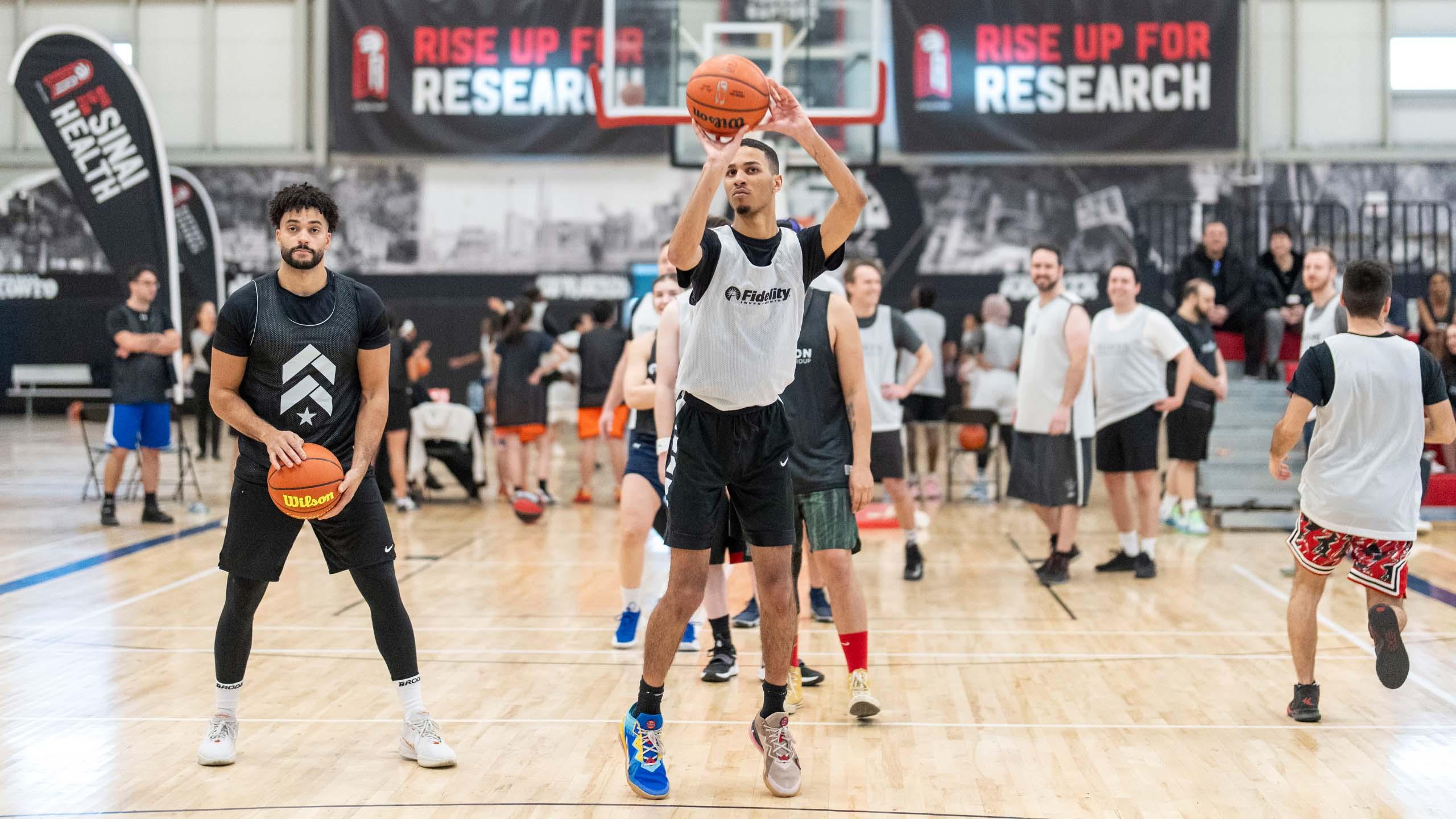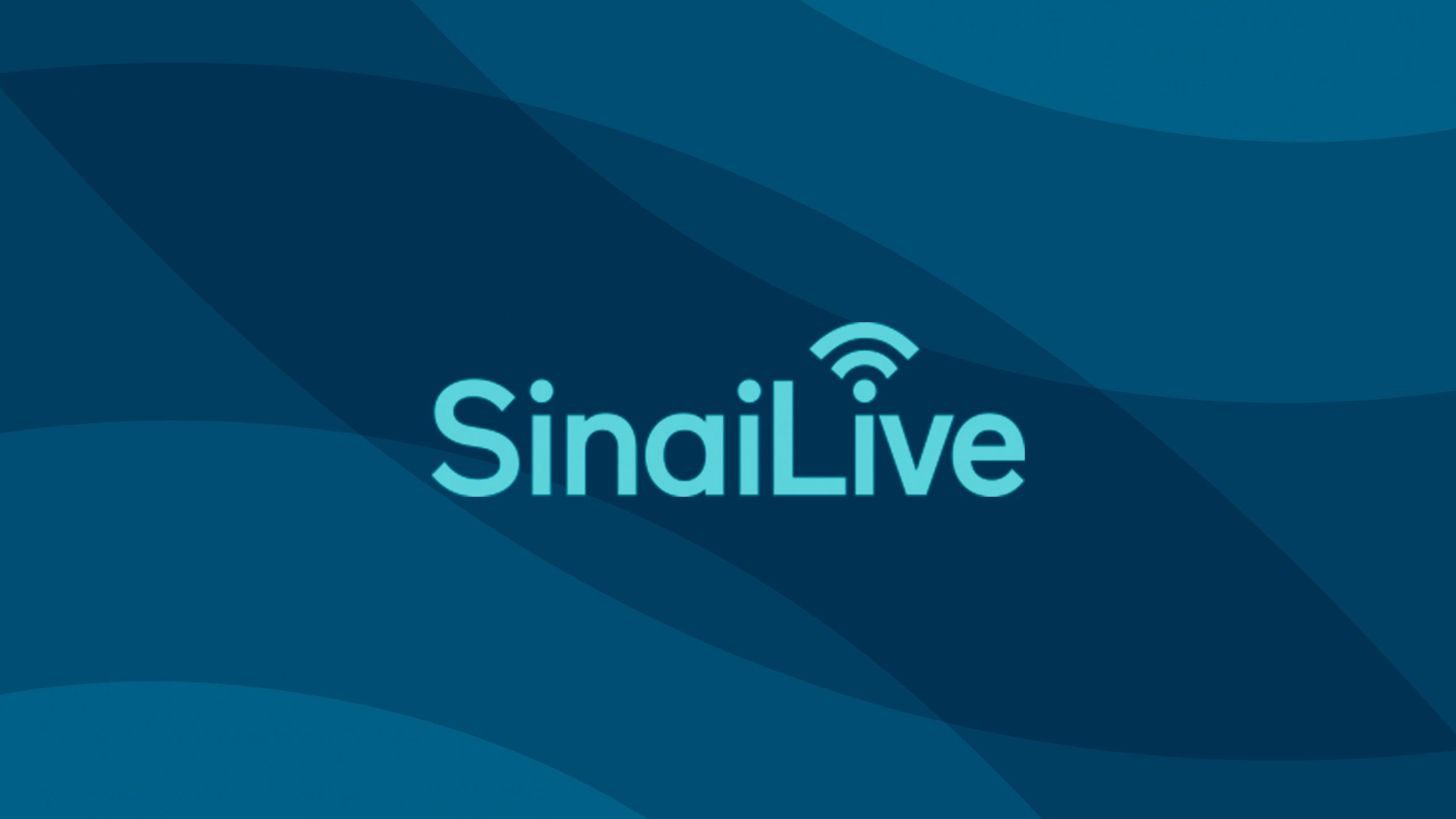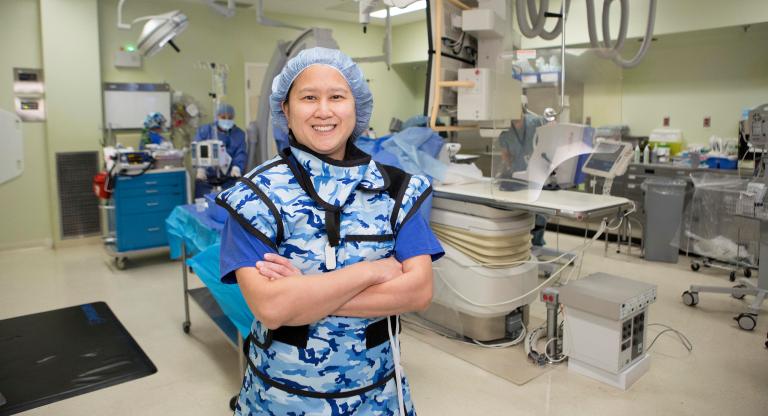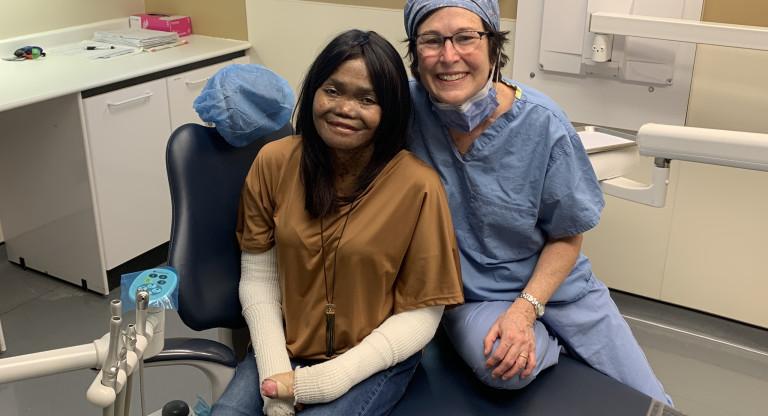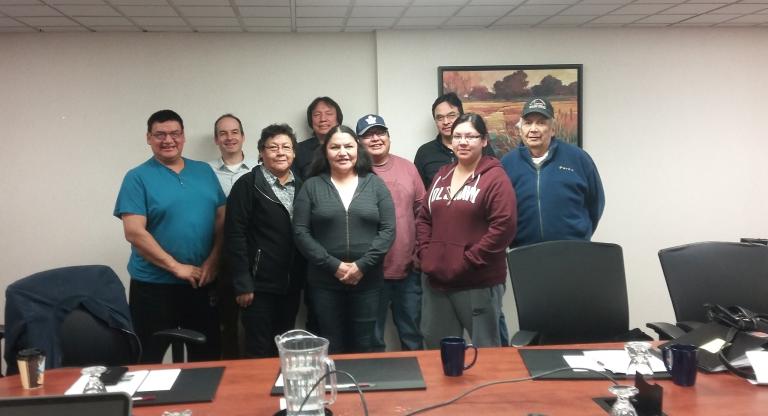Trial seeks to fight loneliness in older adults as Omicron rages
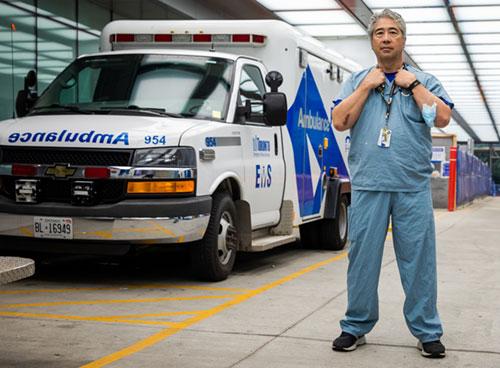
Fall 2021 held so much promise for many Canadians, including Dr. Jacques Lee. The months just before it brought a summer of loosened COVID-19 restrictions and the promise of kids heading back to school in person.
By September, the geriatric emergency physician was just beginning to get his trial off the ground - one that sought to pair volunteers with older adults at risk of serious health complications due to loneliness. The idea was simple: Dr. Lee’s research team connects volunteers with isolated older adults over the phone. Through conversations with these individuals, Dr. Lee hopes the program will help them identify strengths and positive aspects of their lives, while also helping them identify ways to increase their social engagement.
By November, just as the first patients were being screened for participation in the trial, came whispers of a new, highly transmissible variant. Then came the stories of Omicron’s impact on the older adults at the center of Lee’s trial.
“We’ve had some heartbreaking stories of people who are without,” Dr. Lee said. “Like they’re hungry. When you go outside your emergency department, you see the circumstances that they’re living with and how the pandemic is affecting everything from their mental to physical health.”
Dr. Lee is the Research Chair in Geriatric Emergency Medicine at the Schwartz/Reisman Emergency Medicine Institute (SREMI) and an emergency physician at Mount Sinai Hospital. It’s the first acute care hospital in Canada to make geriatrics a key strategic priority in emergency care.
So far, Dr. Lee’s research team has screened more than 1,000 participants. The threat of Omicron and related lockdowns have meant more older adults are feeling the severe impacts of loneliness, driving more referrals to his trial.
“Concerns and feelings of loneliness really seems to go up with a lockdown,” Dr. Lee said. “There is an element of people feeling a bit hopeless. There are people saying the lockdown is causing them to lose hope.”
However, Dr. Lee said he’s seeing glimmers of hope as his trial continues. While it’s too early to know the final impact of the program on participants, Dr. Lee says there’s been strong engagement from both participants and volunteers.
“We’ve had some good connections,” Dr. Lee said. “The volunteers are amazing. They’ve consistently said it’s as good or better for them as the clients. It gives them a sense of purpose.”
